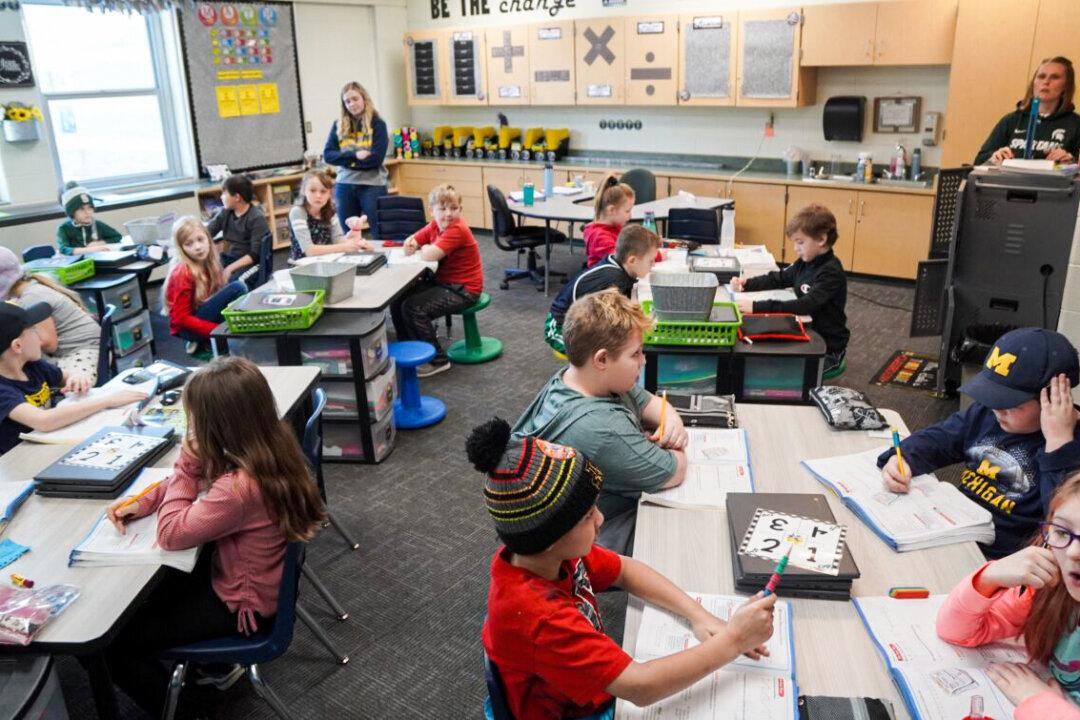The U.S. Centers for Disease Control and Prevention (CDC) has lowered its standards of childhood speech development, a decision that has many people worried about the way milestones are measured in kids.
CDC added two new child development milestones at 15 and 30 months. Earlier, children aged 24 months were expected to know about 50 words. But in the new update, the CDC raised the time period to 30 months, lowering the established standard of speech development. In the update, the CDC linked to research published by the American Academy of Pediatrics (AAP) that influenced the organization in setting up the modified benchmarks.






